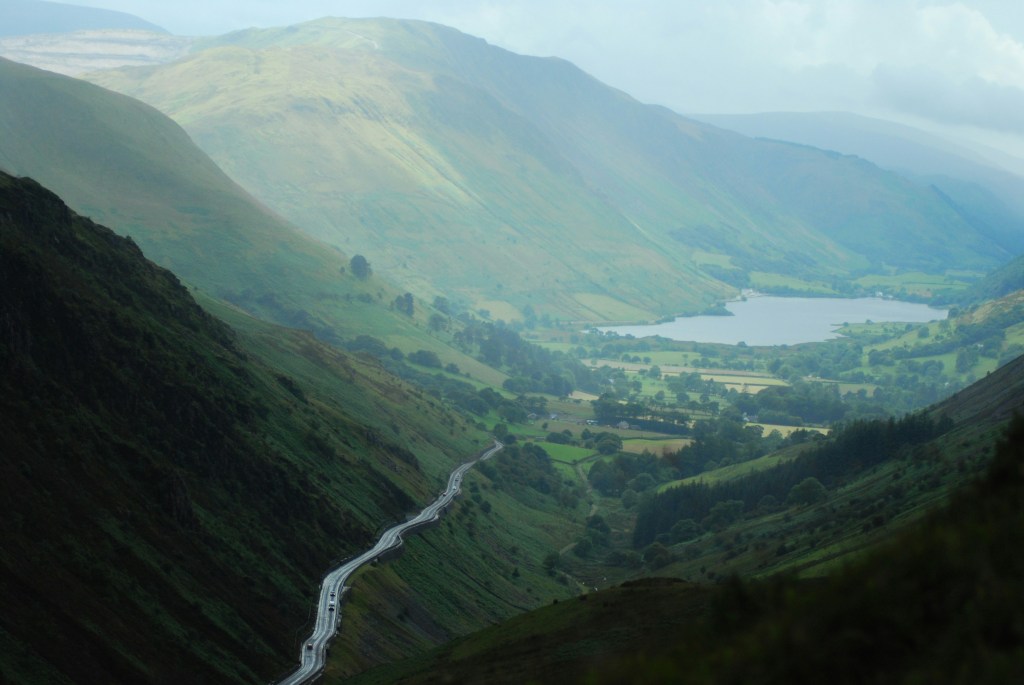Read Genesis 1:28–2:15.
Starting a new job these days usually includes some sort of orientation. If I’m being honest, I hate all of that stuff. I’m not interested in listening to executives drone on and on about vision statements and company culture. I don’t want to hear about accounting strings or learn about IT security protocols either. Just let me know the expectations for my position, then set me loose. If I have questions, I’ll ask. I just want to get to work.
God must not be much for drawn-out orientation sessions either, because before we get very far into the world of the Bible, He’s already given us our assignment. It’s not what we might expect, though. In fact, if you aren’t paying careful attention, you might miss it: “The Lord God took the man and put him in the garden of Eden to work it and take care of it” (Genesis 2:15).
There it is—the purpose of life, the answer to the question philosophers and sages have been asking for millennia: God created human beings to tend His garden.
That’s right. Yard work. Mowing the grass and trimming the hedges. It’s why we’re here.
Well, not exactly.
Eden wasn’t just any ol’ garden. It was the place where heaven and earth met, where God lived with His people. At the heart of four great rivers, it was a lush paradise. There has never been a piece of real estate quite like it.
The Hebrew words translated “work” and “take care of” are used together elsewhere in the Old Testament to describe the activities of priests, who “serve” before the Lord and “guard” His temple (see Numbers 3:7–8; 8:25–26; 18:5–6; 1 Chronicles 23:32; Ezekiel 44:14). To the Israelites who listened to the book of Genesis being read, these two words would have grabbed their attention. They would have understood that Adam’s gardening was more than grunt work; it was holy service before the Almighty in the temple of Eden.
Now, add to this the job description God had already given to Adam and Eve:
“Be fruitful and increase in number; fill the earth and subdue it. Rule over the fish in the sea and the birds in the sky and over every living creature that moves on the ground.” (Genesis 1:28)
The only way for Adam to “work” and “take care of” the garden while he’s filling the earth and subduing it would be if he expanded the borders of Eden so that paradise—God’s dwelling place—covered the entire planet. That was exactly what God wanted him to do. And it’s precisely what He still wants us to do.
Eden was heaven on earth, the place where God’s will was done perfectly. And it’s still in our Father’s heart to dwell with His children in such a place. This is why Jesus prayed, “Your kingdom come, you will be done, on earth as it is in heaven” (Matthew 6:10). You and I were created to walk with God and make earth just like heaven. Nothing has changed about our mandate: God still wants Eden spread across the planet.
This spreading of Eden takes many forms, of course. There are those who use their God-given talents and abilities to make the world more beautiful. Some are artists, others are architects, and a few are actual gardeners. Then there are those who spread Edenic joy by serving those in need by setting an extra seat at the table, creating employment opportunities, or practicing medicine.
In truth, there are countless ways to make earth more like heaven—as many varieties are there are unique people in this world. The key is to love God and love our neighbors in whatever we do (see Mark 12:29–31). Why? Because love is the sunlight and soil of Eden, and it transforms otherwise mundane tasks into activities both holy and world-changing.
It’s easy to get caught up in the busyness of life, to forget that each one of us is here for a reason that goes beyond paying bills and making sure there’s enough food on the table. But with everything we do, we have an opportunity to expand paradise, day by day and inch by inch, to be priests of the Almighty who invite a weary and dispirited world back into God’s presence. And while this important work is often wrapped up in ordinary tasks, that’s the way it is in God’s kingdom. Mustard seeds of faith move mountains, the meek inherit the earth, and those who lay down their life keep it for eternity.
Make no mistake: gardening is more than gardening, and advancing Eden looks a lot like being faithful in the everyday.

Leave a comment